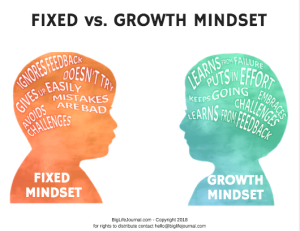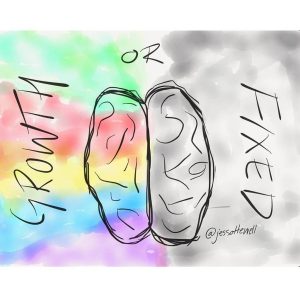Fixed vs. Growth Mindset: A Look At How Your Mindset Affects Your Everyday Life
Traditionally, society has placed people into categories of those who are smart and those who are not. This has had major effects on people’s outlooks on themselves and those around them. There is now a shift towards embracing mistakes and self-empowerment through social and entertainment media. This empowerment is most effective when it starts in the classroom. Here are some strategies for embracing a growth-mindset towards learning.

Teaching students about their brain’s ability to grow: fixed mindsets have caused students to believe that they are either good or bad at subjects, and don’t have room to improve or grow. If educators teach the students about brain development, this will provide them with the knowledge to believe that their brain can in fact grow and change.
Mistakes as opportunities for growth and learning: students should be constantly reminded that when they may make mistakes, it is an opportunity for them to grow in their understanding of concepts. If they are patiently guided to find out where they went wrong through group/class discussions, it gives them the chance to view concepts from another perspective. Coping strategies may include phrases that use the power of “yet” that steers students away from fixed ideas about their capabilities; ex. “You don’t know it yet”, “If you learn and practice, you will”.

Take away emphasis on speed: In a traditional classroom, being “smart” is equated with how fast a student can answer a question. This perpetuates the idea that if students are unable to work through problems quickly, they do not have an understanding of the question asked and continue to develop a fixed mindset towards their learning.